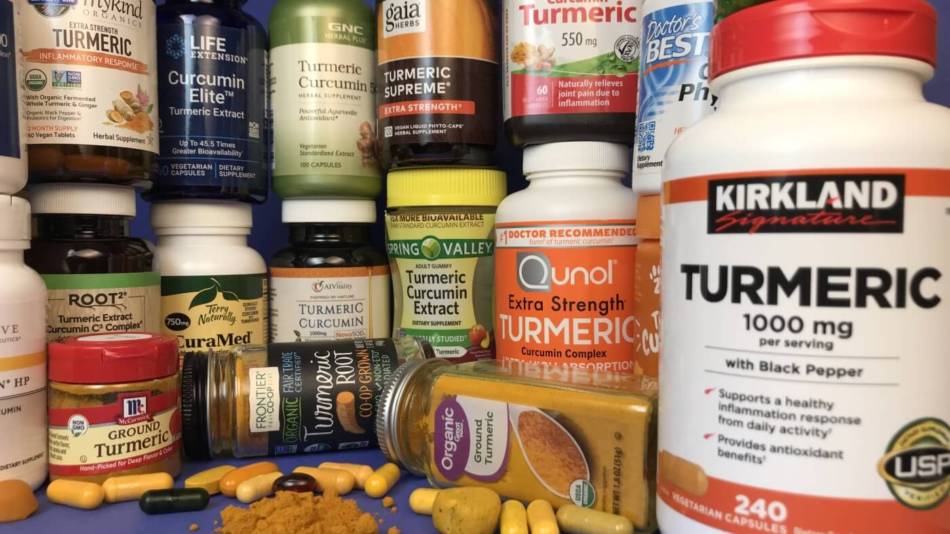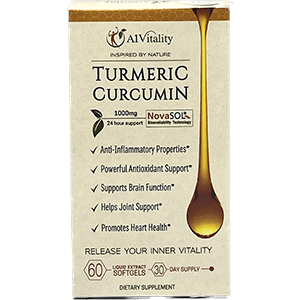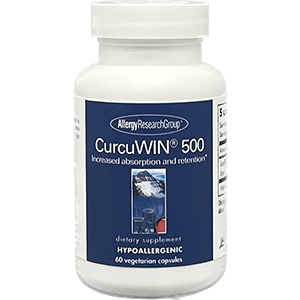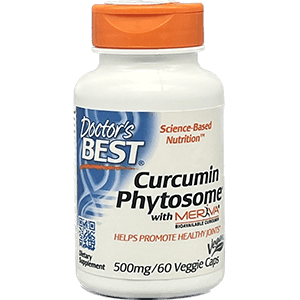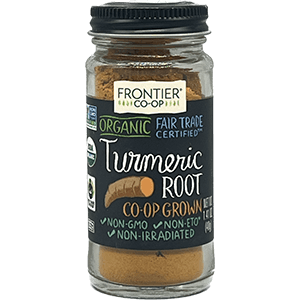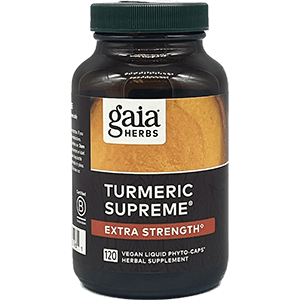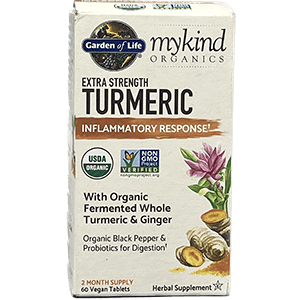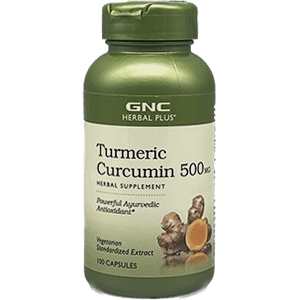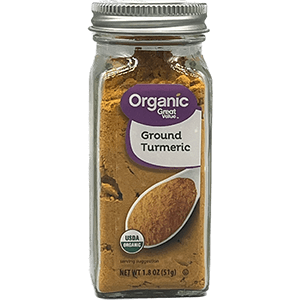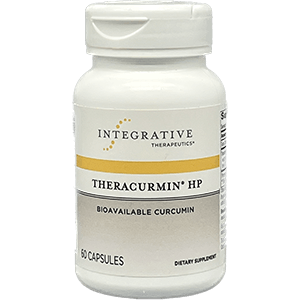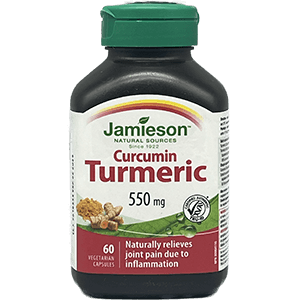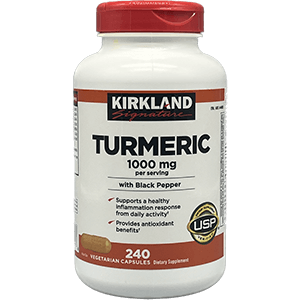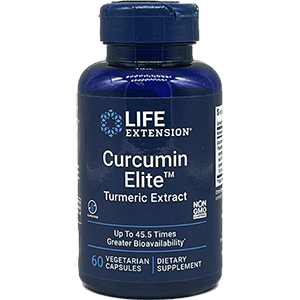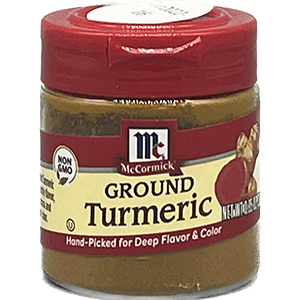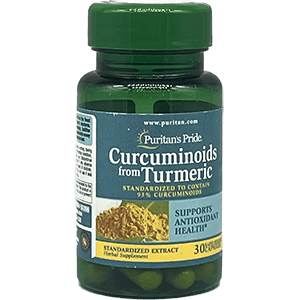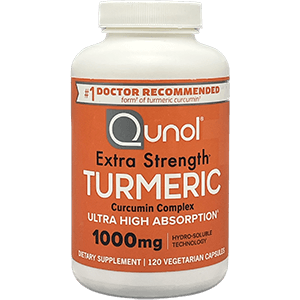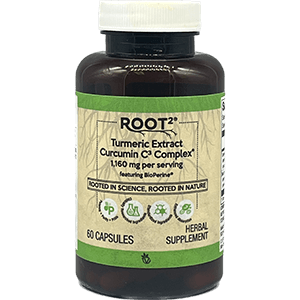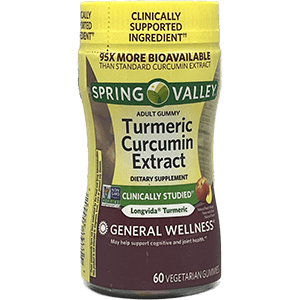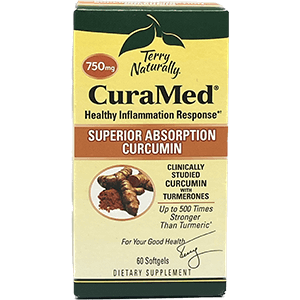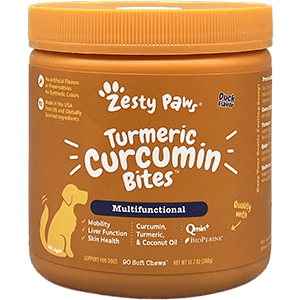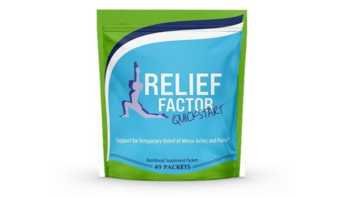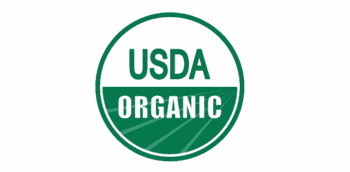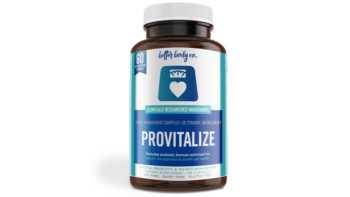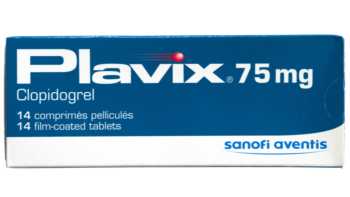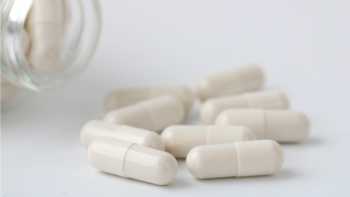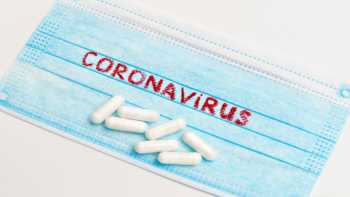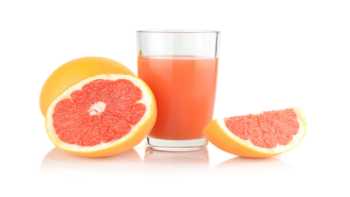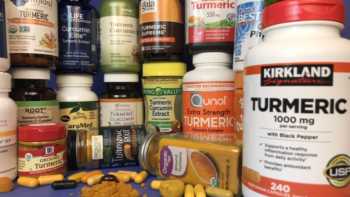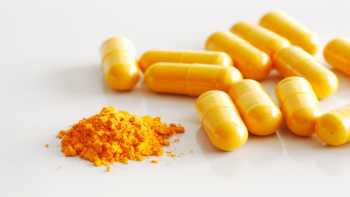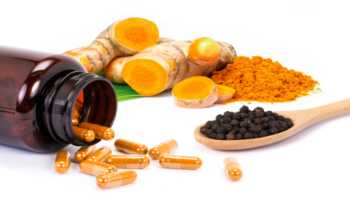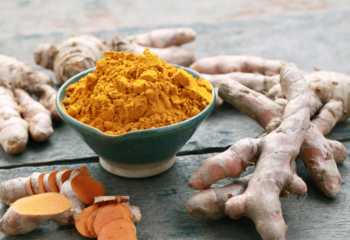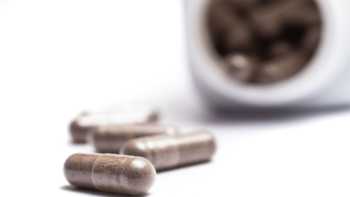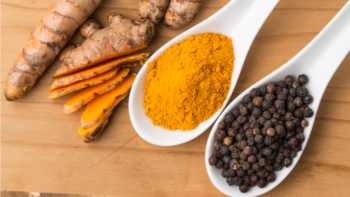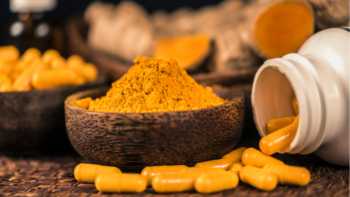Summary
-
What are turmeric and curcumin?
Turmeric is a spice used for its flavor and orange-yellow color. Curcumin is one of several curcuminoid compounds found in turmeric that give turmeric its color and antioxidant and anti-inflammatory properties, making turmeric root powders and extracts useful as dietary supplements (see What It Is).
-
What did CL's tests of turmeric find?
As shown in the Results Table below, one supplement was discovered to be contaminated with lead. Amounts of curcuminoids found ranged from just 42 mg to more than 1,000 mg per serving.

Best turmeric/curcumin supplement?
-
Best ground turmeric spice?
We identified a Top Pick Ground Turmeric Spice that provides a significant amount of curcuminoids (33 mg per ½ teaspoon) with less lead than other ground turmeric spices and at lower cost. To get the most from turmeric spice, use it in a meal that contains fats or oils, as well as some black pepper.
-
What are the health benefits of turmeric?
Small clinical studies suggest that curcumin from turmeric is helpful for indigestion, ulcerative colitis, rheumatoid arthritis and osteoarthritis, seasonal allergies and depression. Turmeric/curcumin may improve cognitive function in healthy older adults, but little benefit has been found in people with Alzheimer's disease. Other compounds may also be active (see What It Does).
-
How much turmeric should I take?
The typical daily dose ranges from 500 mg to 2,000 mg of curcuminoids (most of which is curcumin) from turmeric extracts (see Dosage), which can often be as much as 95% curcuminoids of which around 80% is curcumin. Be aware that turmeric powder in some supplements provides no more curcumin than turmeric spice, which is only about 3% curcuminoids of which around 50% is curcumin, i.e., half a level teaspoon of turmeric powder (about 1 gram) provides about 35 mg of curcuminoids.
-
How do forms of turmeric differ?
Turmeric and curcumin are not well absorbed on their own and it's generally best to take turmeric/curcumin with food containing some fat in order to increase absorption. If you can't always take turmeric or curcumin with food, see Absorption and Bioavailability to learn about bioavailability enhancement with ingredients such as BCM-95, C3 (which includes the black pepper extract piperine, known as Bioperine), CurcuWin, Longvida, Meriva, NovaSol, and Theracurmin.
-
Turmeric/curcumin safety and side effects:
Turmeric/curcumin supplements are generally safe, but gastrointestinal side effects may occur with higher doses and they can cause problems for people with gallbladder disease, kidney stones, or those taking blood-thinning or blood-sugar-lowering medications. Rarely, liver injury has been reported. One of the bioavailability enhancers commonly added can potentially affect a number of drugs (see Concerns and Cautions).
+— 163 sources
In addition the results of its expert testing, ConsumerLab uses only high-quality, evidence based, information sources. These sources include peer-reviewed studies and information from agencies such as the FDA and USDA, and the National Academy of Medicine. On evolving topics, studies from pre-print journals may be sourced. All of our content is reviewed by medical doctors and doctoral-level experts in pharmacology, toxicology, and chemistry. We continually update and medically review our information to keep our content trustworthy, accurate, and reliable. The following sources are referenced in this article:
- Nelson, J Med Chem 2017
- Thamlikitkul, J Med Assoc Thai 1981
- Yongwatana, J Gastroenterol Hepatol 2021
- Kongkam, BMJ Evid Based Med 2023
- Lopresti, BMC Complement Med Ther 2021
- Lang, Clin Gatroenterol Hepatol 2015
- Masoodi, J Cell Biochem 2018
- Hanai, Clin Gastroenterol Hepatol 2006
- Kedia, World J Gastrointest Pharmacol Ther 2017
- Holt, Digestive Diseases and Sciences 2005
- Bommelaer, Clinical Gastroenterology and Hepatology 2019
- Cruz-Correa, Gastroenterology 2018
- Daily, J Med Food 2016
- Deodhar, Indian J Med Res, 1980
- Chandran, Phytother Res 2012
- Pourhabibi-Zarandi, Phytother Res 2024
- Amalraj, J Med Food 2017
- Bhat, Rheumatol Int 2023
- Panahi, Phytother Res 2014
- Haroyan, BMC Compl Alt Med 2018
- Henrotin, Arthritis Res Ther 2019
- Lopresti, Nutrients 2022
- Jagtap, J Orthop Res Ther 2023
- Srivastava, Inflammopharmacol 2016
- Kuszewski, Rheumatol Adv Pract 2020
- Madhu, Inflammopharm 2013
- Wang, Ann Intern Med 2020
- Nakagawa, Arthroscopy 2022
- Tanabe, Scand J Med Sci Sports 2018
- Drobnic, JISSN 2014
- Di Pierro, Eur Rev Med Pharmacol Sci 2017
- Nicol, Eur J Appl Physiol 2015
- Jager, FASB J 2017
- Hillman, J Diet Suppl 2021
- McFarlin, BBA Clinical 2016
- Delecroix, J Sports Sci Med 2017
- Cox, J Psychopharm 2014
- Santos-Parker, Nutr Healthy Aging 2018
- Kuszewski, Nutr, Met Cardio Dis 2020
- Lee, Asia Pac J Nutr 2014
- Rainey-Smith, Br J Nutr 2016
- Frautschy, Neurobiol Aging 2001
- Baum, J Clin Psychopharm 2008
- Ringman, Alzheimers Res Ther 2012
- Nozomi, Ayu 2012
- Goozee, Br J Nutr 2015
- Lopresti, J Affect Disorders 2014
- Lopresti, J Affect Disorders 2016
- Kanchanatawan, Neurotox Res 2018
- Yaikwawong, Nutrients 2024
- Thota, Sci Rep 2018
- Thota, Nutrients 2020
- Funamoto, J Diabetes Res 2019
- Neta, Int J Food Sci Nutr 2021
- Yaikwawong, Nutr J 2024
- Chuengsamarn, Diabetes Care 2012
- He, Am J Clin Nutr 2024
- Rahmani, Phytother Res 2016
- Panahi, J Cell Biochem 2019
- Sharifi, Phytother Res 2023
- Hellmann, Diabetes Obes Metab 2022
- Musso, Hepatology 2024
- Kandarkar, Indian J Exp Biol 1998
- Mousavi, Crit Rev Food Sci Nutr 2018
- Carroll, Cancer Prev Res Phila 2011
- Golombick, Am J Hematol 2012
- Vadhan-Raj, Blood 2007
- Zaidi, BMJ Case Reports 2017
- Dhillon, Clin Cancer Res 2008
- Passildas-Jahanmohan, Cancer Med 2021
- Sahebkar, Clin Nutr 2014
- Qin, Nutr J 2017
- Ferguson, Metabolism 2017
- Mohammadi, Food Sci Nutr 2023
- Laffin, J Am Coll Cardiol 2023
- Segura-Borrego, J Sci Food Agric 2024
- Manarin, J Ethnopharmacol 2019
- Wu, Ann Allergy Asthma Immunol 2016
- Gioa, Front Ophthalmol 2024
- Pia, Clin Ophthalmol 2010
- Kurd, J Am Acad Dermatol, 2008
- Ghodsi, Clin Neurol Neurosurg 2022
- Akazawa, Nutr Res 2012
- Shen, Bioorg Med Chem Lett 2009
- Ao, Bioorg Med Chem 2017
- Bupparenoo, J Diet Suppl 2021
- Mounce Antiviral Res 2017
- Almatroodi, Molecules 2020
- Zuccotti, J Biol Regul Homeost Agents 2009
- Kuwabara, J Diet Suppl 2023
- Khaerunnisa, Preprints 2020
- Askari, Trials 2022
- Colitti, Vet Immunol Immunopathol 2012
- Leray, Br J Nutr 2011
- Wynn, Veterinary Herbal Medicine 2007
- Comblain, J Vet Pharmacol Ther 2016
- Head, J Alzheimers Dis 2012
- Dejonckheere, British Association of Veterinary Herbalists 2016
- Forsyth, Environ Res 2019
- Cowell, Pub Health Rep 2017
- Kappel, MMWR Morb Mortal Wkly Rep 2021
- Skiba, Mol Nutr Food Res 2018
- Mahale, Mol Nutr Food Res 2018
- Nasef, Food Funct 2019
- Isik, World Academy of Science, Engineering and Technology Conference 2018
- Thamlikitkul, J Med Assoc Thai 1989
- Lang, Clin Gastroenterol Hepatol 2015
- Lal, Phytother Res 1999
- Suresh, CrystEngComm 2018
- Jamwal, J Integr Med 2018
- Flory, Mol Nutr Food Res 2021
- Fanca-Berthon, J Nutr 2021
- Antony, Indian J Pharma Sciences 2008
- Shoba, Planta Med 1998
- Gorgani, Compr Rev Food Sci Food Saf 2016
- Meghwal, Scientific Reports 2012
- Mehmood, J Med Food 2010
- FDA 2013
- Jager, Nutr J 2014
- Kumar, J Funct Foods 2016
- Pancholi, Toxicol Rep 2021
- Marczylo, Cancer Chemother Pharmacol 2007
- Cuomo, J Nat Prod 2011
- Schiborr, Mol Nutr Res 2014
- Sasaki, Biol Pharm Bull 2011
- Sunagawa, J Nutr Sci Vitaminol 2014
- Kanai, Cancer Chemother Pharmacol 2012
- Pianpumepong, In J Food Sci Technol 2012
- Yong, J Microbiol Biotechnol 2019
- Burgos-Moron, Int J Cancer 2010
- Belcaro, Alt Med Rev 2010
- Rasyid, Asia Pac J Clin Nutr 2002
- Vega, Am J Med Case Rep 2022
- Lukfahr, BMJ Case Rep 2018
- Halegoua-DeMarzio, Am J Med 2022
- Papke Jr., Histopathology 2024
- Lee, ACG Case Rep J 2020
- Imam, Case Rep Gastrointest Med 2019
- Smati, Ann Intern Med Clin Cases 2023
- Abdel-Razeq, Cureous 2021
- Horev, Drug Saf Case Rep 2015
- American Urological Association 2017
- Tang, Am J Clin Nutr 2008
- Tuntipopipat, Int J Food Sci Nutr 2009
- Smith, Cureus 2019
- Tuntipopipat, J Clin Nutr 2006
- Lorinczova, Nutrients 2021
- Shah Biochem Pharmacol 1999
- Srivastava, Prostaglandins Leukot Essent Fatty Acids 1995
- Daveluy, Therapie 2014
- Neerati, Phyto Res 2014
- Juan, Eur J Clin Pharmacol 2007
- Kocher, Ernahrungs Umschau 2015
- Nayeri, Transplant Proc 2017
- Kushuhara, B J Pharmacol 2012
- Mir, Ann Oncol 2017
- Hussaarts, Cancers 2019
- Kulkarni, Pyschopharmacology 2008
- Samuels, Cureus 2024
- Gross, Allergy Asthma Proc 2022
- Bedada, Xenobiotica 2017
- Raghavendra, Prostaglandins Leukot Essent Fatty Acids 2009
- Myers, Am J Gastroenterol 1987
You must be a member to get the full test results along with ConsumerLab.com's recommendations and quality ratings for turmeric and curcumin products. You will get results for 12 turmeric/curcumin supplements selected for testing by ConsumerLab.com as well as for four others that passed the same testing in CL's voluntary Quality Certification Program. You will also get results for three popular turmeric spices used for cooking.
In this comprehensive review of turmeric and curcumin supplements and spices you'll learn:
 Which turmeric and curcumin products failed to pass testing, which passed, and which are CL's Top Picks
Which turmeric and curcumin products failed to pass testing, which passed, and which are CL's Top Picks  How turmeric and curcumin products compare on curcumin and total curcuminoids, ingredients, quality, and price
How turmeric and curcumin products compare on curcumin and total curcuminoids, ingredients, quality, and price  How the bioavailability of curcumin may be enhanced with ingredients such as black pepper extract (Bioperine) and with formulas such as BCM-95, C3, Curcugen, CurcuWin, Longvida, Meriva, NovaSol, and Theracurmin... and how to increase absorption of curcumin even without an enhanced formula!
How the bioavailability of curcumin may be enhanced with ingredients such as black pepper extract (Bioperine) and with formulas such as BCM-95, C3, Curcugen, CurcuWin, Longvida, Meriva, NovaSol, and Theracurmin... and how to increase absorption of curcumin even without an enhanced formula!
 Dosing for specific uses of turmeric and curcumin, including rheumatoid arthritis, osteoarthritis, depression, ulcerative colitis and proctitis, uveitis, psoriasis, blood sugar control, and cancer
Dosing for specific uses of turmeric and curcumin, including rheumatoid arthritis, osteoarthritis, depression, ulcerative colitis and proctitis, uveitis, psoriasis, blood sugar control, and cancer  Safety and side effects of turmeric and curcumin supplements
Safety and side effects of turmeric and curcumin supplements  Cautions and potential drug interactions with turmeric, curcumin and black pepper extract
Cautions and potential drug interactions with turmeric, curcumin and black pepper extract
As a ConsumerLab.com member, you may print a copy of this report for your personal use.
You can access a special print version by clicking the "Print" icon in the upper right corner of this report.
You can then use your web browser's print functions to print the whole report or just selected pages.
You may also email or post a link to this report using the web address above.
Non-members using the link will see a free summary and can join to view the full report.
Other means of copying or distributing this report, in part or full, are not permitted.
If you are sight-impaired and your computer is having trouble converting the text in this report to speech,
contact us for assistance at Membership@ConsumerLab.com or by
phone at 914-722-9149.

